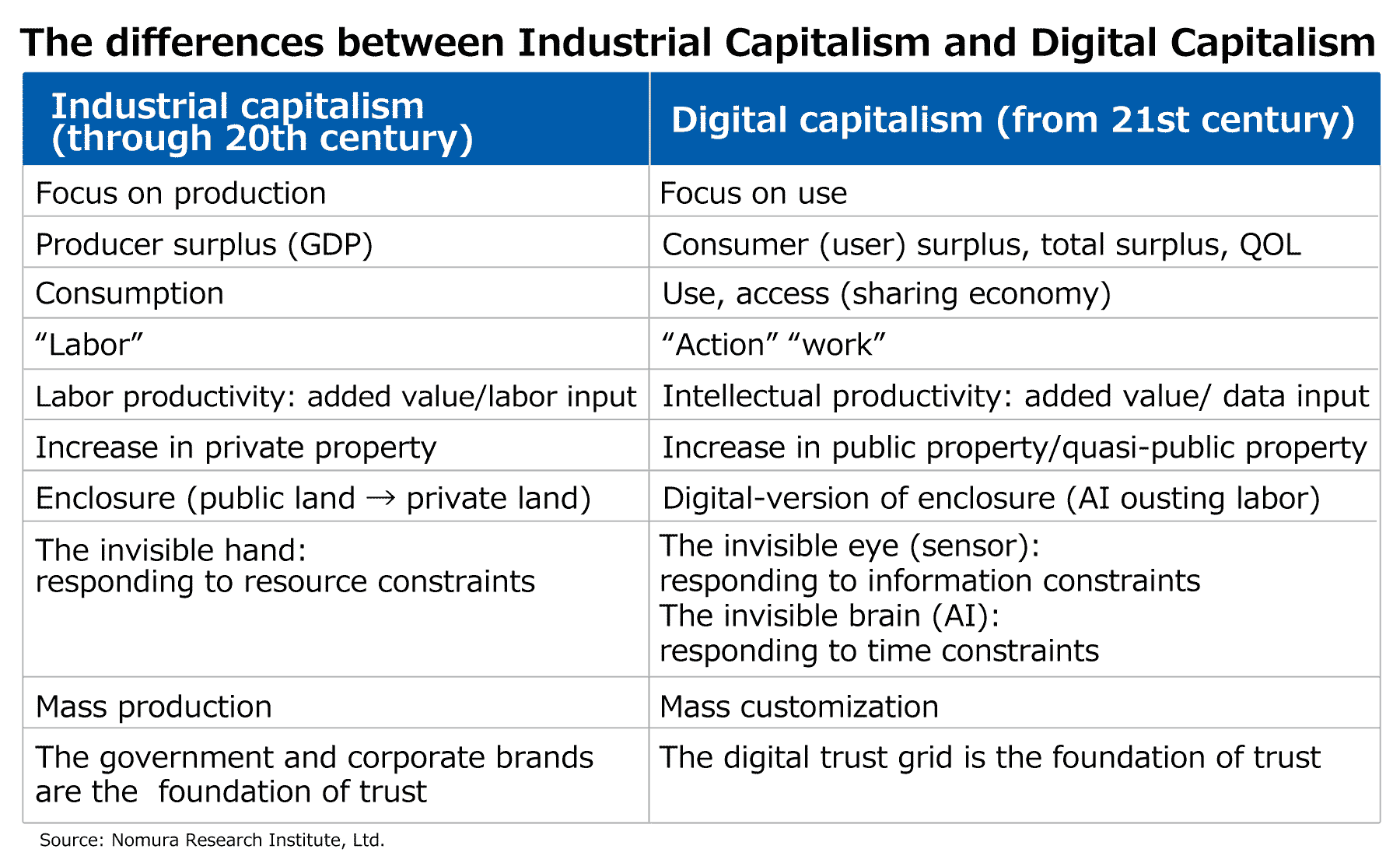Industrial capitalism is a form of economic organization that is characterized by the use of machinery and factories to produce goods and services. It emerged in the late 18th and early 19th centuries as a result of the Industrial Revolution, which saw the widespread adoption of new technologies and the rapid expansion of manufacturing.
At its core, industrial capitalism is driven by the pursuit of profit. Businesses aim to maximize their profits by producing and selling goods and services at the lowest possible cost, using the most efficient methods of production. This often involves the use of specialized machinery and large-scale production, as well as the exploitation of labor.
One key feature of industrial capitalism is the separation of the means of production from the workers. In traditional forms of economic organization, such as feudalism and slavery, the workers themselves owned the means of production, such as the land or tools they used to produce goods. In industrial capitalism, however, the means of production are owned by a separate class of capitalists, who hire workers to produce goods and services.
This separation of the means of production from the workers has led to the emergence of a class system in industrial capitalist societies. The capitalists, who own the means of production, are at the top of the class hierarchy, while the workers, who do not own the means of production, are at the bottom. This class system has often been marked by inequalities and conflicts, as workers have struggled for better working conditions and wages, and capitalists have sought to maintain their profits and control over the means of production.
Industrial capitalism has also been marked by rapid technological change and innovation. New technologies have been developed and adopted at a rapid pace, leading to increased productivity and the creation of new industries. This technological change has had both positive and negative impacts on society, as it has led to improvements in living standards and the creation of new jobs, but it has also led to the displacement of workers and the concentration of wealth in the hands of a few.
Overall, industrial capitalism has been a dominant form of economic organization in the modern world, shaping the way societies are structured and goods and services are produced and consumed. While it has brought about significant changes and improvements, it has also been marked by inequalities and conflicts, and has had both positive and negative impacts on society.









:max_bytes(150000):strip_icc()/marxism-final-6a8c13e1cbbf42658aa2c06266eb82d3.png)